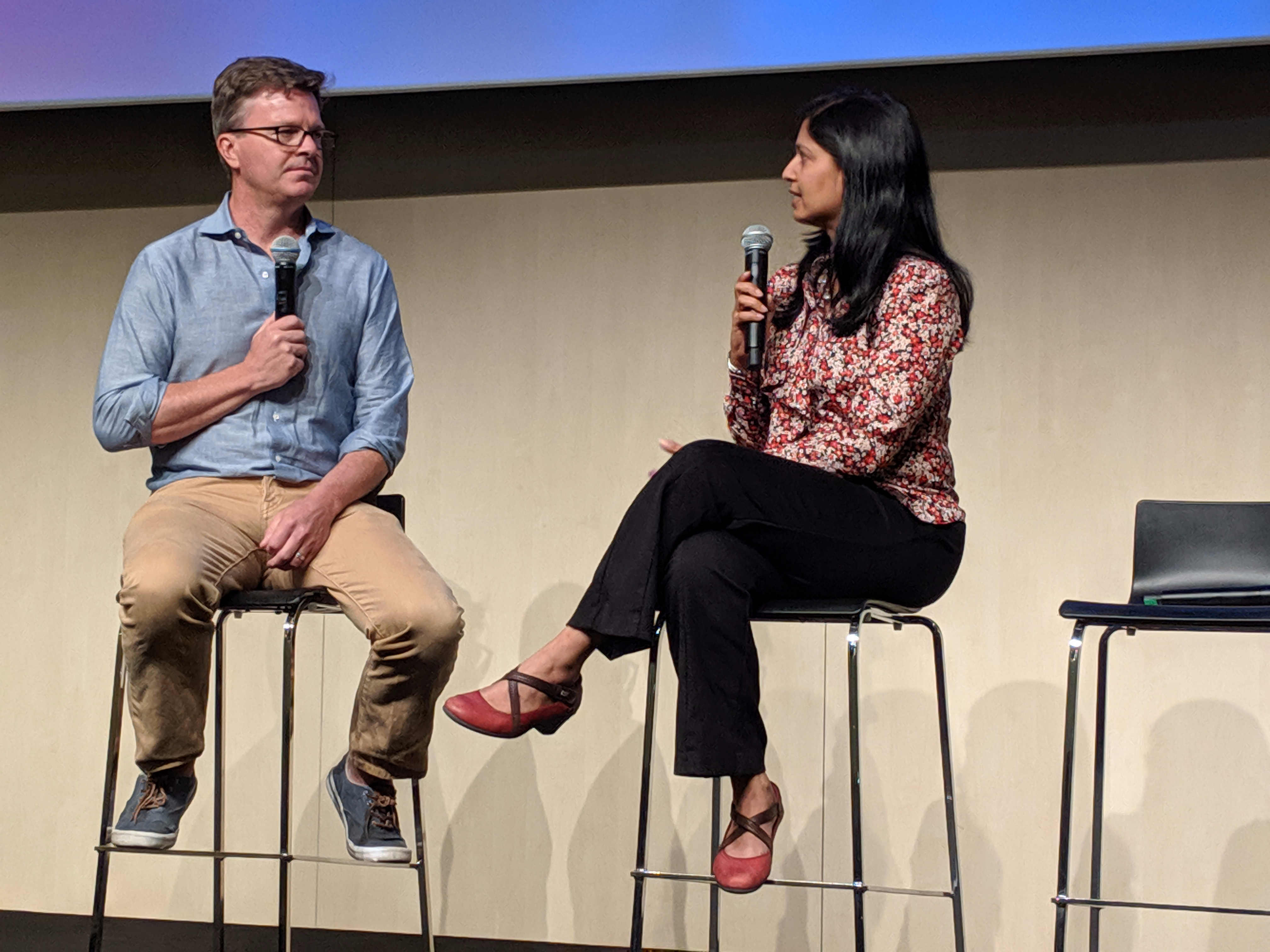- Five years ago, Google engineers made the cloud-computing project Kubernetes available as open source.
- Although there was internal debate at Google over whether to give it away, the company believes it was the right choice – and since then Kubernetes has exploded in popularity.
- At a conference in May for Kubernetes, called KubeCon, thousands celebrated its fifth anniversary.
- Like the operating system Linux, it has become one of the most influential open-source projects.
- Read more on the Business Insider homepage.
Five years ago, Google decided to take a cloud-software project that its engineers had created and give it away.
The technology, called Kubernetes, was born as an internal Google project called Borg and designed to manage the search giant’s massive infrastructure. Today, it’s widely used by companies like Spotify, Lyft, eBay, Microsoft, Amazon, and “Pokémon Go” developer Niantic to run their large-scale applications.
On June 6, 2014, Kubernetes’ creators pushed the code onto code sharing site GitHub, now owned by Microsoft.
And in just five short years, the project has exploded in popularity.
At KubeCon, a conference devoted to Kubernetes, in Barcelona last month, 8,500 fans gathered to celebrate the five-year milestone with a series of talks, demos, and parties - and lots of donuts.

"We want Kubernetes to be ubiquitous as the future," Aparna Sinha, Google's director of product management for Kubernetes and Anthos, told Business Insider. "We want to run every kind of application. We want it to be scalable to meet the demands of any type of user...It's been a great five years. I don't think I could have asked for anything better."
Internal debate
Sinha recalls that giving away the project was at first not an easy decision within Google. The company decided to do it because it believed making Kubernetes available as open source - free for users to use, download, or modify - is the fastest way to get the technology into the hands of as many users as possible.

After it donated the project to an organization called the Cloud Native Computing Foundation, Google continued to stay involved through both financial and code contributions.
"It was 10-plus years of technical investments that Google engineers had made," Sinha said. "There was a lot of internal debate about giving it away. At the end of the day, it was very much the right thing to do."
'A rising tide lifts all boats'
By making it open source, now there's an entire community of users who can make improvements to Kubernetes. This means that innovation is much faster, and bugs can be fixed quickly.
"It is great to see a rising tide lifts all boats," Jim Zemlin, executive director of the Linux Foundation, told Business Insider. "You could help yourself and even help others at the same time. That takes a lot of courage and I hope that this has paid off. Certainly Kubernetes is wildly successful."
Sinha says that Google's decision to open-source Kubernetes five years ago has paid off, and Kubernetes has the potential to join the operating system Linux as one of the most influential open-source projects of all time.

It's grown remarkably fast, Zemlin says, and that's because open source is better understood nowadays.
"It took what has taken five years for the Kubernetes project probably 20 years for Linux to get to a similar place where you had this insanely successful open-source project that had incredible development velocity," Zemlin said.
Got a tip? Contact this reporter via email at [email protected], Telegram at @rosaliechan, or Twitter DM at @rosaliechan17. (PR pitches by email only, please.) Other types of secure messaging available upon request. You can also contact Business Insider securely via SecureDrop.

